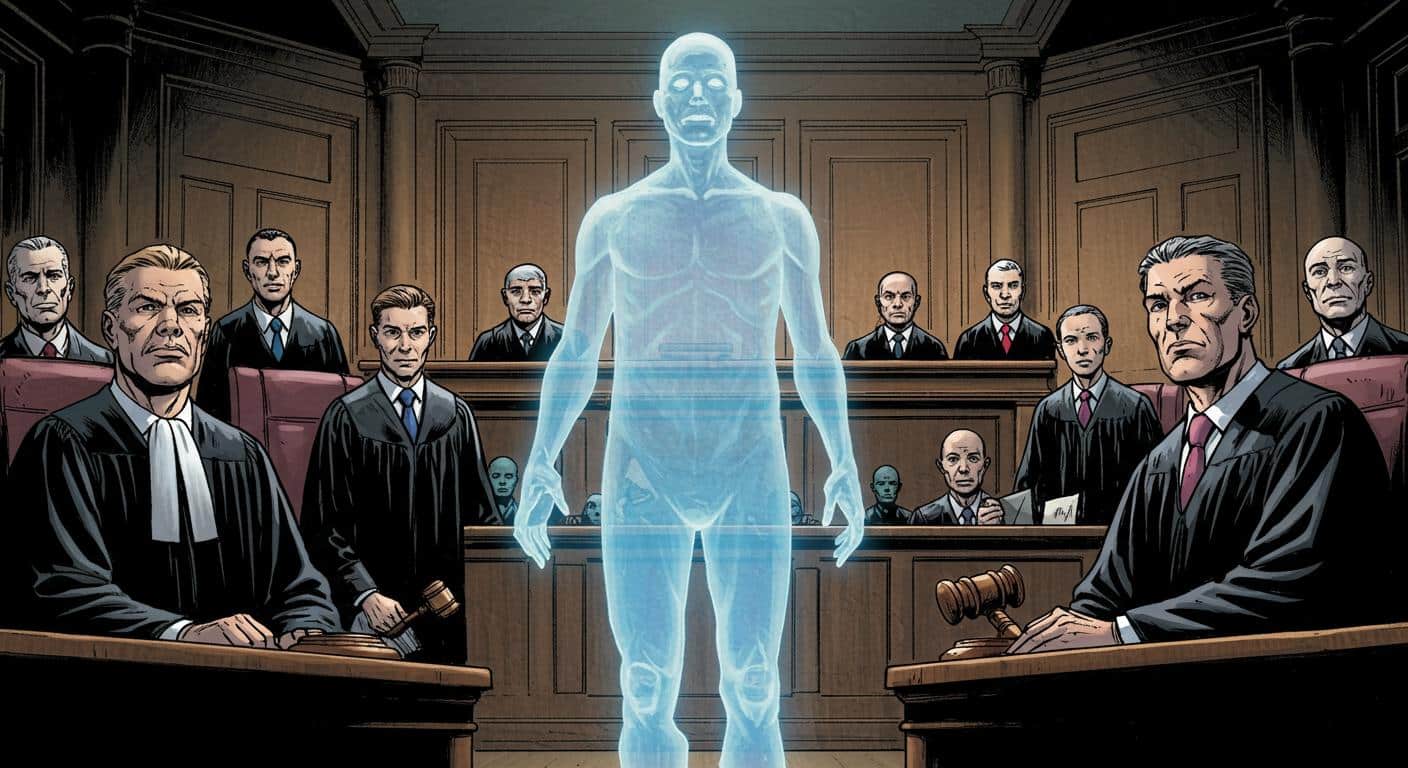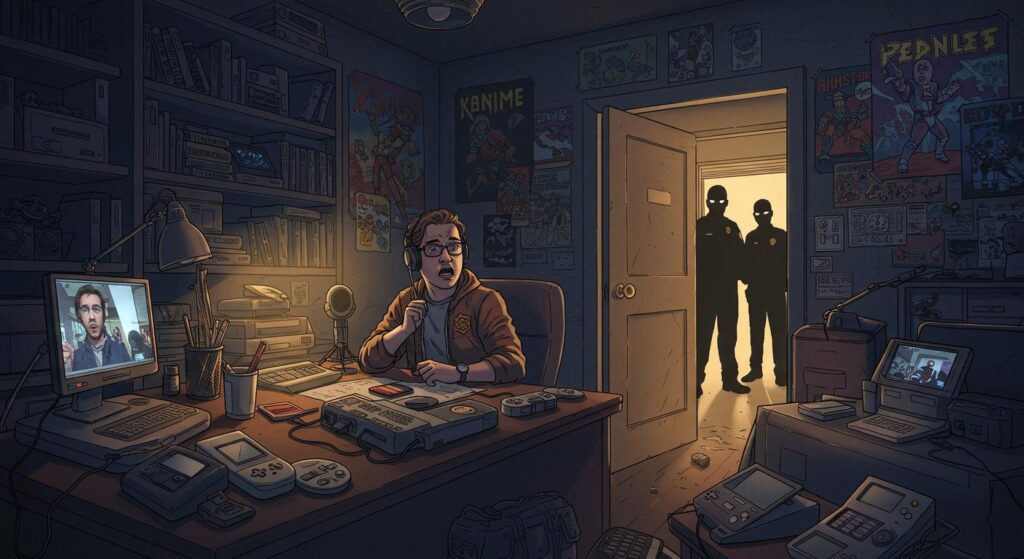Sometimes the law grapples with grand philosophical questions—justice, intent, moral responsibility. And sometimes, it finds itself stating what most people would assume was already self-evident: according to the New Zealand Court of Appeal, it is not legally possible to murder someone who has already shuffled off this mortal coil. For those keeping track at home, that’s now an official entry in the legal ledger of the truly, spectacularly obvious.
Parsing the Oddly Obvious
In a summary that reads a bit like a judge trying to avoid an existential rabbit hole, LawNews reports that the Court of Appeal handed down a decision in July 2025 conclusively confirming this point: to commit murder, your “victim” must, in fact, be alive at the time of your homicidal overtures. Court reasoning cited by LawNews makes it clear—the legal definition of murder simply doesn’t fit if the person in question had already passed before the alleged crime was committed.
It’s worth noting that LawNews does not provide in-depth information about the case behind this appellate detour, so we’re left free to marvel at legal process rather than the specifics. Did an advocate truly take up the challenge of proving a murder charge over a post-mortem act? Or was this an especially tangential thread pulled from a complicated criminal matter? The details remain as elusive as a literal ghost, with the outlet offering no more than the central legal clarification.
The Letter—and Spirit—of the Law
Described succinctly in LawNews, the court’s position aligns with what any student of language—or casual dinner guest—might expect. Murder, by both the letter and spirit of criminal law, requires that life be present before it can be taken. No matter how baroque the circumstances, a posthumous “murder” doesn’t pass even a medieval scribe’s smell test. The appellate bench, apparently with little appetite for philosophical gymnastics, confined itself to the practical: harming, dismembering, or otherwise attacking a corpse may be a crime in its own category, but it can’t meet the elements of homicide.
Officials referenced in LawNews appear to have simply codified this common-sense tenet, perhaps ensuring that future jurists don’t waste precious hours parsing such ghoulish hypotheticals. It’s the kind of clarification that feels faintly antique, like a Victorian statute against dueling or a city ordinance forbidding bathing donkeys in public fountains. Still, it has considerable precedent value. Law, like a good archive, loves to put a tidy label on even the most fringe possibilities.
Questions Only the Law Could Ask
Here’s a riddle for your next trivia night: At what point does the law decide to officially weigh in on the difference between attempted murder and mere interference with a corpse? The fact that this reached the appellate stage sets the imagination running—was this, perhaps, a “Schrödinger’s victim” scenario, where timing was everything? LawNews doesn’t elaborate, but legal history is littered with stranger precedents.
It does inspire some real-world curiosity. Do legal scholars consider these debates lunchtime entertainment, or is there a stack of similarly surreal appeals lurking in the docket, waiting to clarify whether zombies have civil rights? Sometimes, the business of justice is a determined defense against the forces of the absurd.
File Under: The Oddly Reassuring
No practical person expects ever to be accused of murdering the already deceased, but as LawNews confirms, the formal record now matches common sense. There’s something almost comforting in the knowledge that, occasionally, legal proceedings produce rulings that reaffirm the most basic facts of human existence—namely, that what is dead cannot die again, at least in the eyes of the law.
As someone who’s combed through centuries of legal archives—where stranger things than this have merited official comment—I find a perverse satisfaction in seeing “you can’t murder the dead” ensconced in New Zealand’s legal books. It begs the question: what other dazzlingly obvious truths are still waiting for their own appellate moment? Somewhere, right now, a legal historian is sighing in relief, a defense attorney is revising a very strange closing argument, and a judge is quietly delighting in crossing one more oddity off the list.
Why does the law feel compelled to state the obvious from time to time? Perhaps because history is a parade of people determined to test the limits—sometimes far beyond what reasonable souls would expect. And so, New Zealand’s justices have settled it: for all time, the dead are officially safe from murder charges. The rest, as always, is left to the archivists and the curious.







